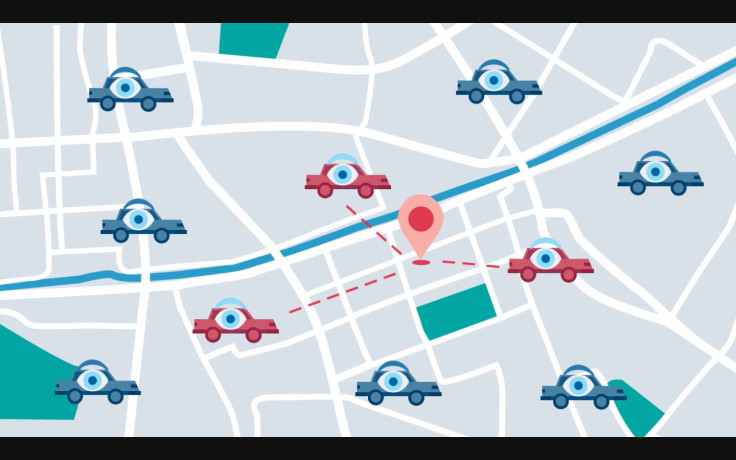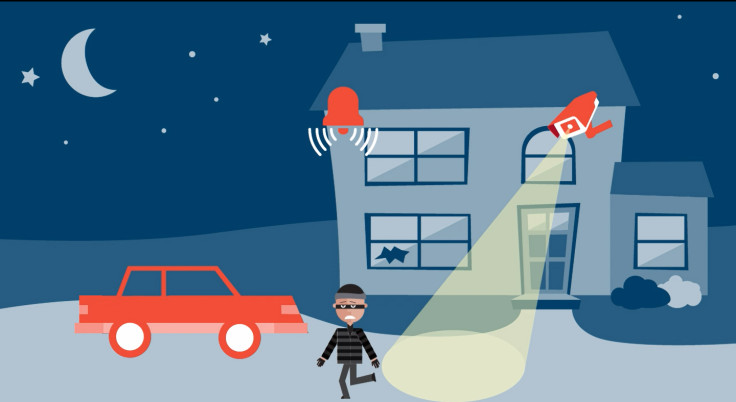Silent guardians: Parked cars could be used to keep watch on your neighbourhood
IBM wants a network of connected parked cars to help find lost pets and even detect gas leaks.
Computing giant IBM is dreaming of a world whereby cars don't just drive by themselves, but are also used as silent guardians to watch out for problems and help out during emergencies.
You're probably familiar with the concept of autonomous cars, whereby one day, cars on the road will be internet-enabled to communicate with other cars on the roads and the internet to keep humans safe and avoid accidents.
To do this, automobiles will have to come with smart embedded computers as well as an array of sensors such as cameras or tools for detecting bad weather conditions. So if the car is loaded up with that many sensors, surely you could use it for something else besides driving?
This is what researchers at IBM Research are trying to achieve. They see parked cars as a valuable resource that is currently being wasted, and instead want to use parked cars to provide a number of new services.
"All of a sudden there's huge disruption in automobiles. The car won't just be transportation, it will also be enabling delivery of services. What is new is that we're articulating the point that when cars are parked they can be monetised," Robert Shorten, a professor of Control Engineering and Decision Science at University College Dublin who also works with IBM Research told IBTimes UK.
"A big advantage of the car when it's not moving is that you know exactly where it is, unlike when it's moving. With GPS, you know roughly where it is, but not exactly."
A network to help locate things quickly

The idea is to have a network of connected cars within a city that can be used in times of emergency, such as to locate a missing child. The police could turn on the cameras of the parked cars in the area near where the child was last seen and view what the car can see on the particular road it happens to be parked on.
Or the cars could be fitted with RFID scanners. When a cat goes missing and the owners raises an alert, the RFID scanners could be activated, and if the pet goes past wearing a collar fitted with an RFID tag, the car's scanner will know and alert the operators of the network.
This same technology could also be used to detect gas leaks, by getting all the cars in the area to switch on their gas detectors at the same time, and because they are parked, when a car does detect the gas, the city would know exactly where the leak has occurred.

The researchers even envision parked cars being used as "anchors", so if drones are deployed ahead of the first responders to attend to a fire or natural disasters, the cars could communicate with the drones to direct them to the location they need to get to.
You don't have to be part of the network – citizens can choose to allow the city to use the instruments in your car to collect data in exchange for an incentive such as free parking. Your parked car could even be used to augment your existing home security system.
"If someone rings the doorbell, the car could immediately switch on the cameras and start recording the scene. Or if a house alarm goes off, the camera in your car could be switched on to try to track burglars. You could also use the motion detector on the car to detect people in the driveway," explained Shorten.
In theory, the concept sounds like it could do a lot of good, but will the general public agree to first responders, the police and city operators being able to look up any road they like in an instant? There could be regulatory hurdles ahead before such a solution can be deployed.
© Copyright IBTimes 2025. All rights reserved.






















